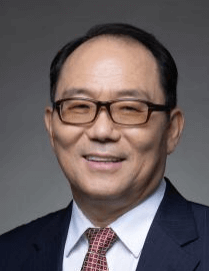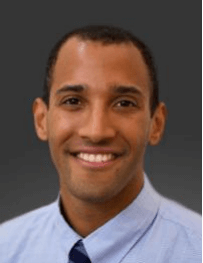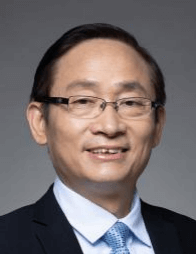Young Gie Chung, Ph.D.
Dr.Chung is the Principle Scientist of ImStem. He is also an assistant professor of the Department of Psychiatry at Yale Medical School. As a world leading scientist and the inventor of somatic cell nuclear transfer (SCNT) technology, he excels in generating genetically matched human embryonic stem cells (hESC) from adult cells. Dr. Chung is the first researcher to successfully create hESC lines via SCNT technology using skin cells from a 35-year-old man and a 75-year-old man in 2004. Until today, Dr. Chung has remained one of very few experts in the world who has high success rates in creating human SCNT cell lines. Recently, Dr. Chung has been exploring the potential clinical benefits of SCNT embryonic stem cells (ESCs) in treating Parkinson’s disease (PD) by injecting ESC differentiated dopamine neurons into the midbrain of monkeys. Dr. Chung holds eight patents for his SCNT technology. His education includes a Ph.D. in Physiology & Cell and Molecular Biology from Colorado State University and a master’s degree in Veterinary Medicine from Chonnam National University in South Korea.



